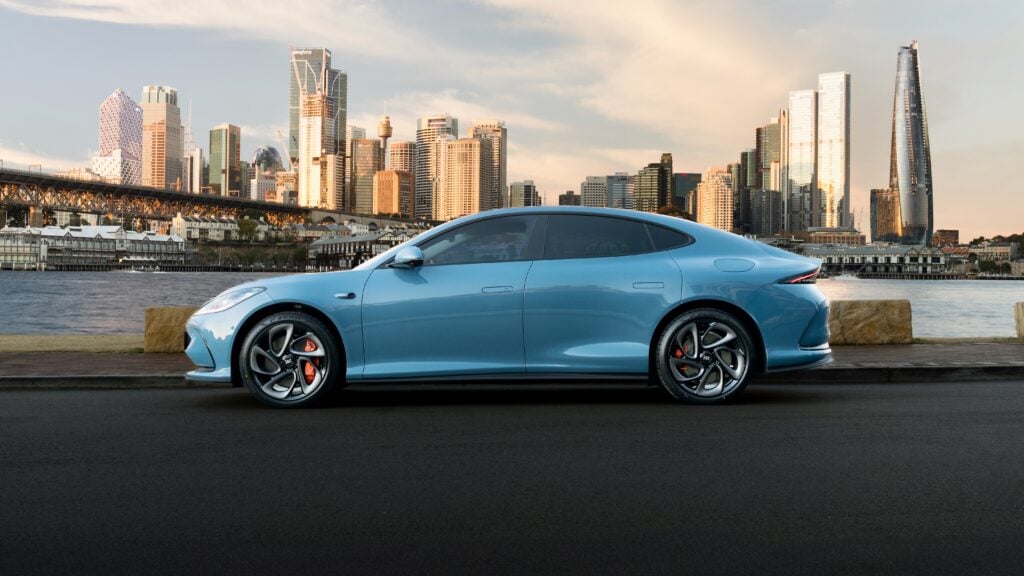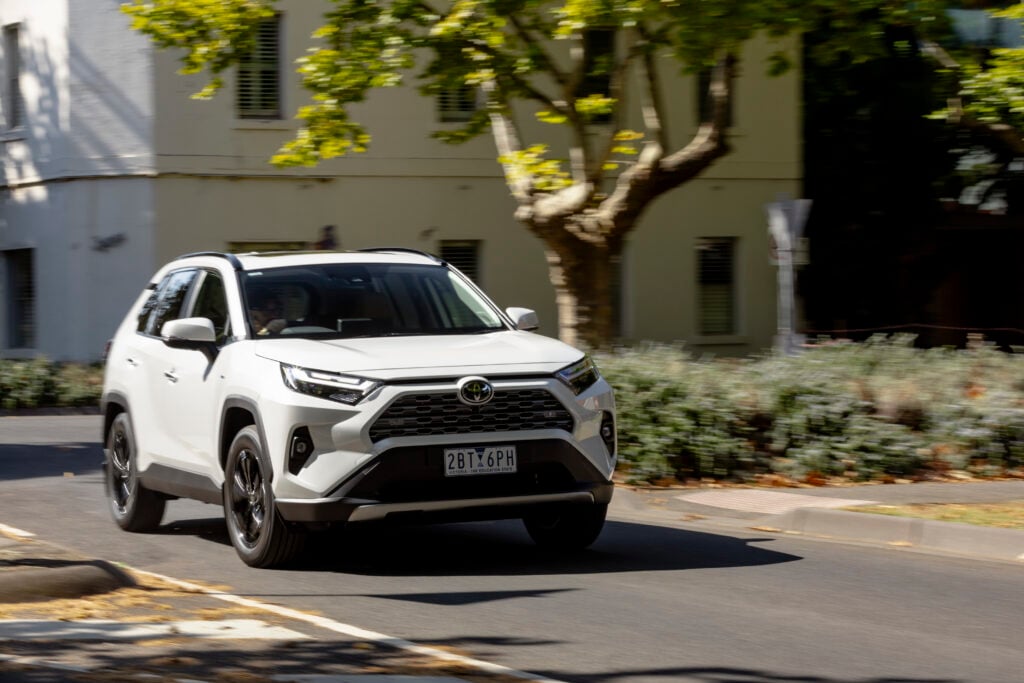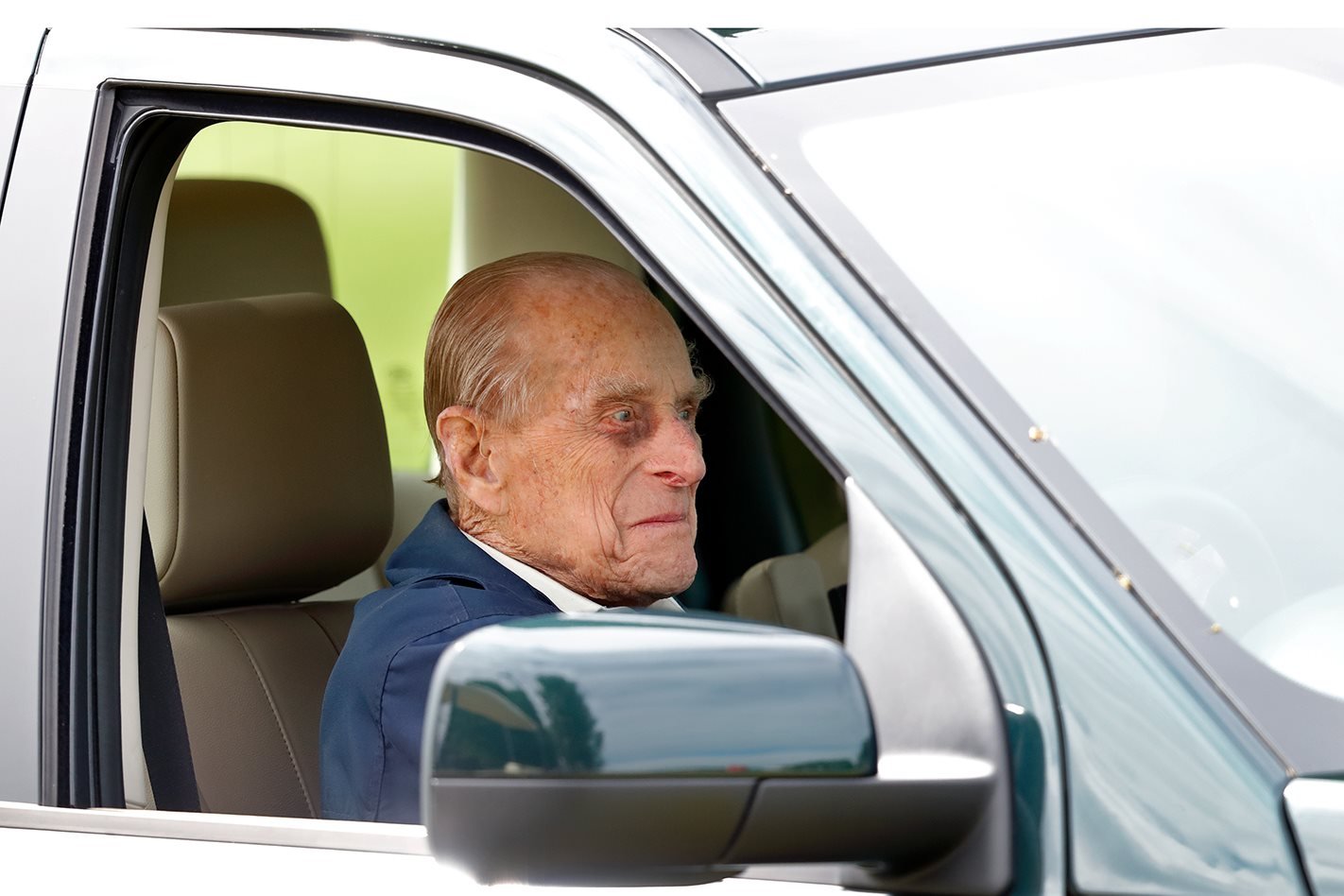
Ageing brings changes to physical functions that affect the way we drive. At some point we’ll all experience a reduction in reflexes, movement, hearing, memory, peripheral vision, along with other optical issues such as a loss of colour vision, or seeing floaters or spots.
Then there is a loss of cognitive functions such as distraction and slower reaction times.
However, it’s not all bad news. Not all these symptoms happen at once, you don’t need the lightning-quick reflexes of a rally driver for your daily drive, and many health issues can be treated or managed, and even aided by advanced driver assistance features such as reversing cameras and blind-spot monitoring.
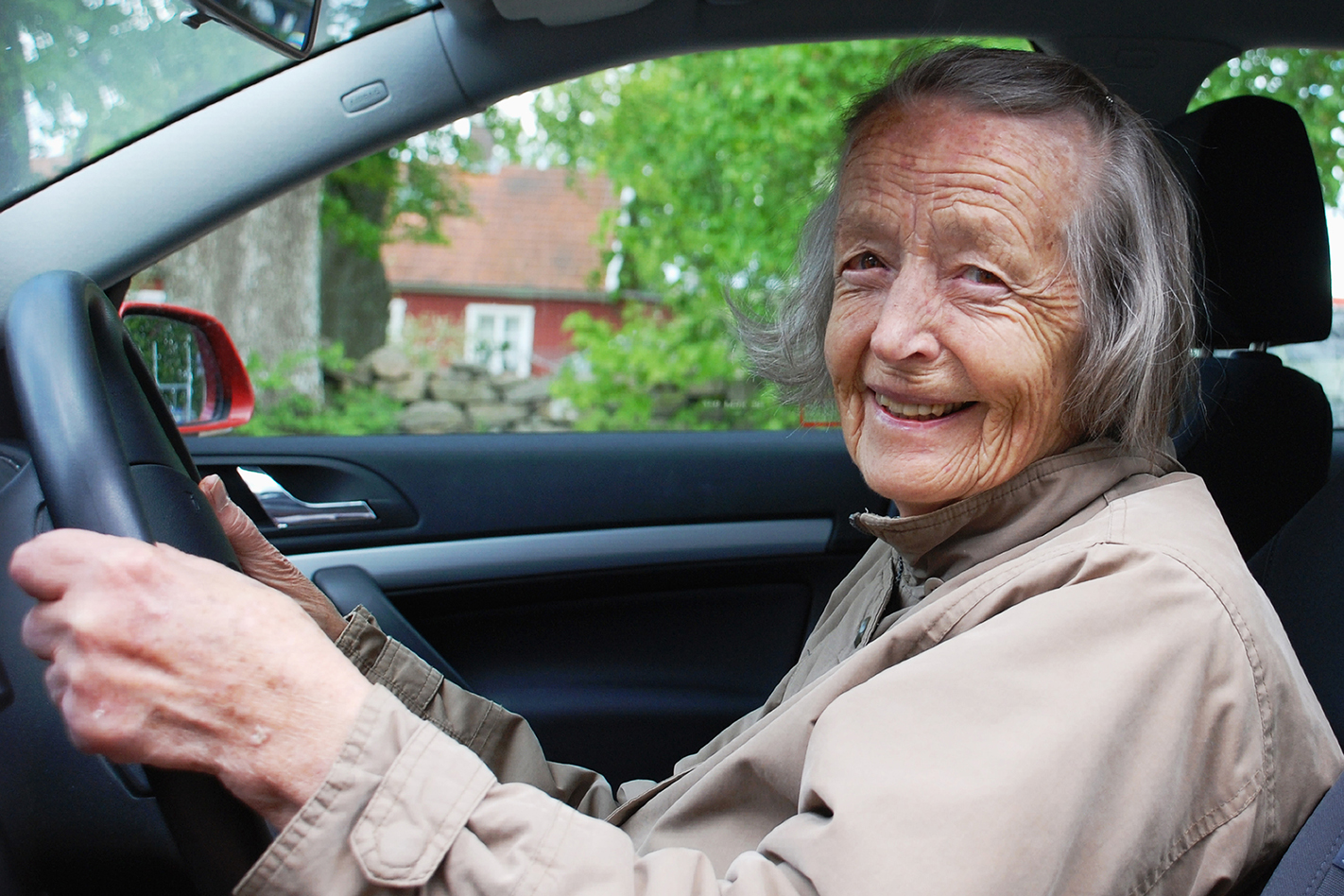
And while everyone eventually loses some cognitive functions, studies have shown others actually improve with age, such as spatial orientation, inductive reasoning and visualising things in 3D.
This means our ability to gain an overall picture of surrounding traffic and recognising the intentions of other drivers can actually improve.
For most people, these cognitive functions peak when they reach about 65, but they can be reasonably maintained through regular driving.
This is why there is no set age for when people need to stop driving. Most states in Australia offer elderly people as much chance as possible to retain their independence, subject to certain conditions.
Senior-driver licencing guidelines by state
Each state has different regulations for older drivers. The following overview relates to holders of private car licences that may be different from conditions imposed on heavy vehicle or motorbike licences and other driving categories. Regulations are subject to change, so always check with your local licencing authority in the first instance.
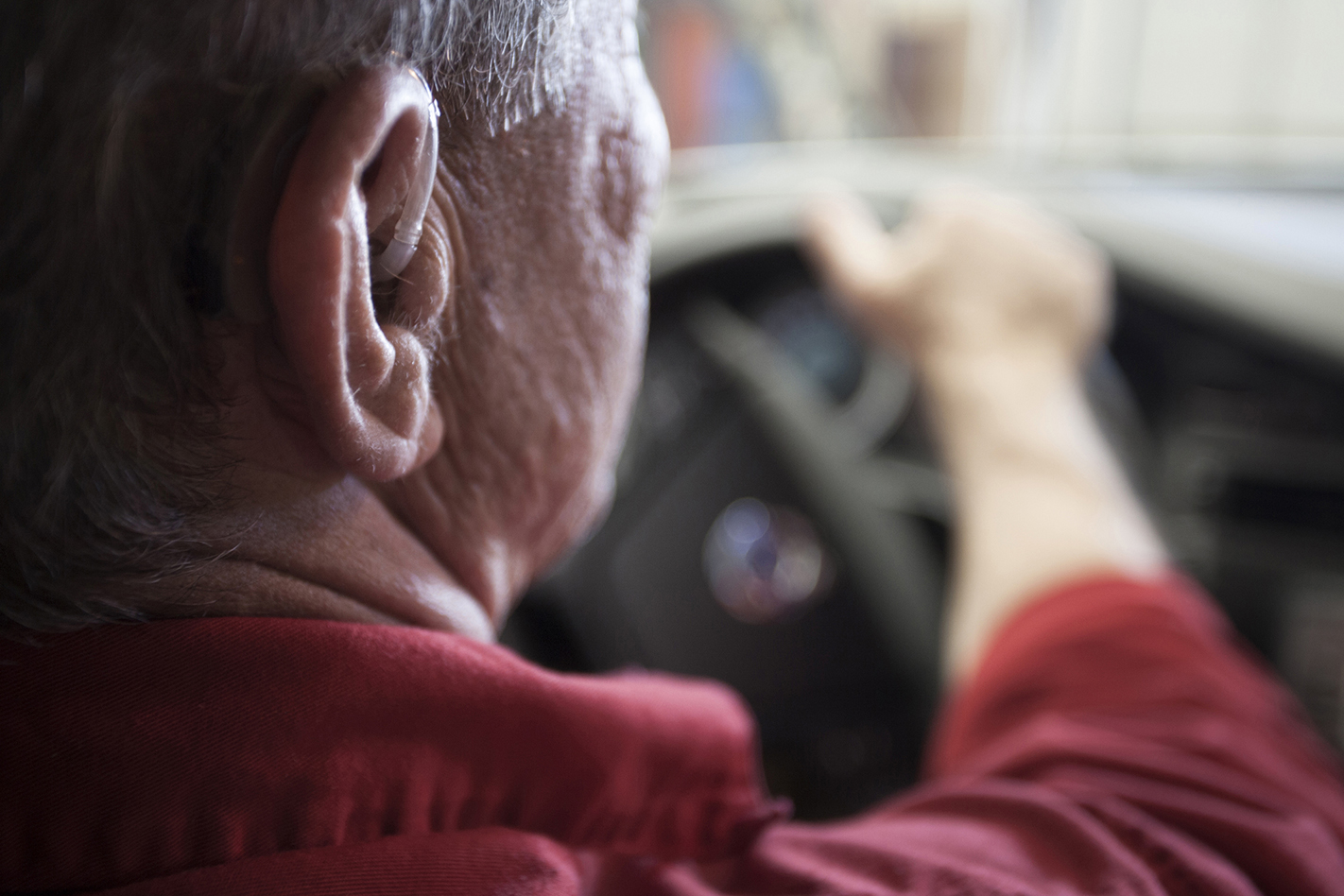
Australian Capital Territory
ACT holders of a private car licence aged 75 years or older are required to undergo an annual medical examination to assess their suitability to drive.
New South Wales
NSW has a staggered approach to assessing drivers as they get older. Holders of car (Class C) licences aged between 70 and 74 are not subject to any requirements.
Drivers aged 75 to 84 are required to undergo a medical review every year before their birthday to keep their Class C licence.
Drivers who turn 85 years old need to have a medical review every year and successfully pass a practical driving assessment to keep their unrestricted Class C licence.
The practical assessment can be avoided by applying for a Modified licence which, based on individual circumstances, restricts them to driving under prescribed conditions, such as between certain hours of the day or within a certain distance from home.
Northern Territory
There are no special conditions imposed on drivers above a certain age, apart from those relating to medical conditions. This includes self-assessment and declaring a known condition, which may lead to having to complete a medical assessment.
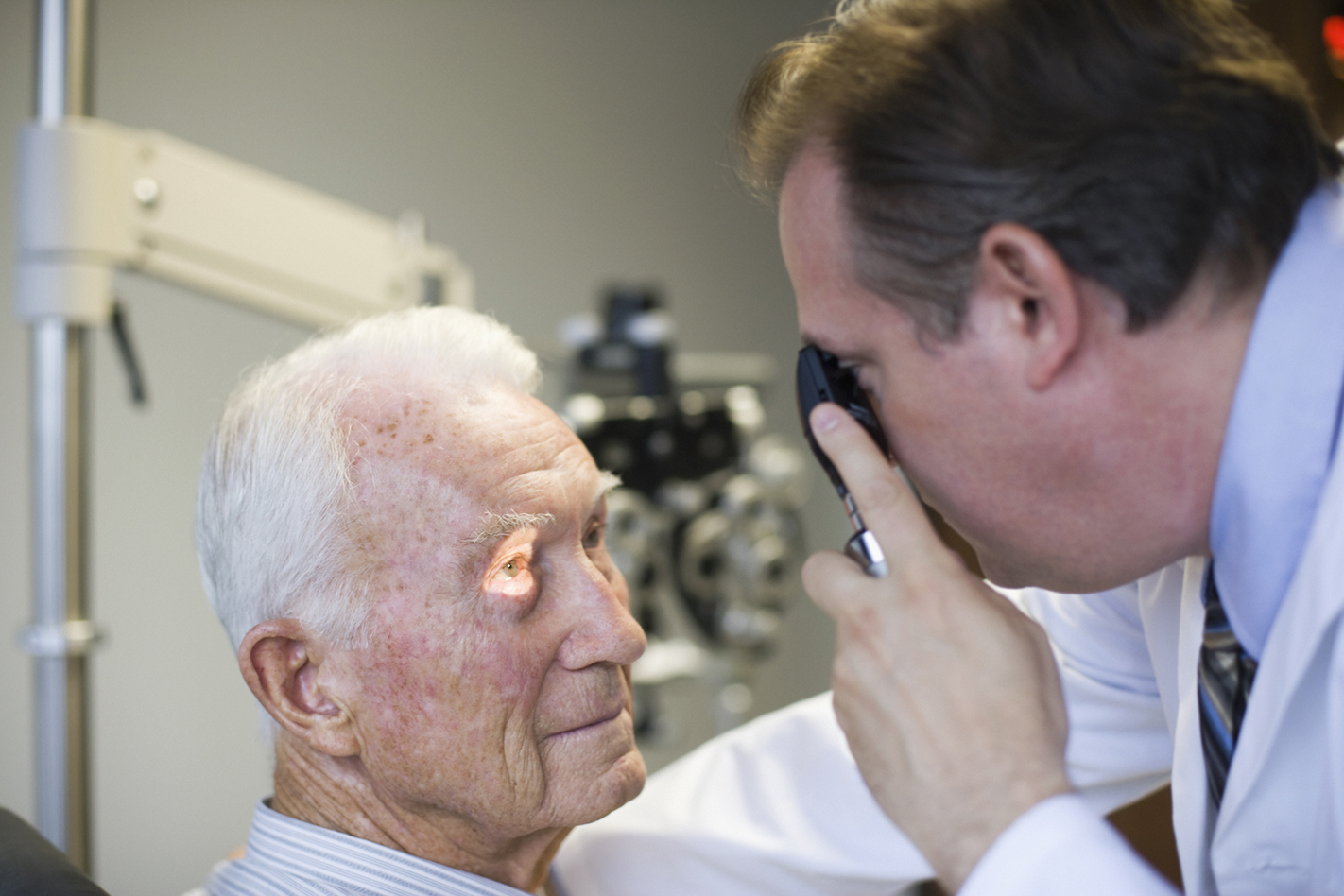
Drivers may also be required to undergo a medical assessment if concerns are raised about their driving by a health professional or concerned member of the public. In some cases, this could lead to a condition imposed on the licence.
Queensland
A driver 75 and older who holds a Queensland driver’s licence must carry a current medical certificate at all times when driving, and comply with any stated conditions – fines can apply if they don’t.
The certificate must be renewed every year and is also necessary to renew a licence. In some cases, the doctor might suggest a licence condition be imposed or altered.
South Australia
When holders of car licences turn 75, they will be sent a form which enables drivers without certain medical conditions to self-assess their fitness to drive. It can be completed independently or with the help of a doctor.
The self-assessment form will be resent every year and is designed to help people think about their health and how it may impact their driving. Of course, it’s a good idea to see a doctor whenever any concerns arise.
Tasmania
Tasmanians who turn 65 are not subject to any licence conditions. However, when they next renew their licence, it will only be valid for five years instead of the usual 10.
Interestingly, Tasmania has stopped requiring drivers aged 75 to have an annual medical assessment, as research shows that age group is “significantly under-represented in crash statistics and are particularly sensible decision makers regarding their driving capabilities”, according to local authorities.
However, because physical changes associated with ageing can increase the risk of a crash, older drivers are compelled to appropriately self-assess their health and driving ability and make sensible decisions as to when and where they should drive.
Victoria
Victorians are allowed to drive up to any age, on the condition they’re medically safe to drive. There is no requirement to pass a practical test, but older drivers are responsible for self-assessing their suitability to drive and monitoring their health for any changes.
Senior drivers must also notify VicRoads of any existing or new medical conditions or disabilities that could affect their driving.
Curiously, older drivers are also encouraged to assess their own driving to identify possible safety issues – as though anyone is capable of honestly assessing their own driving?
In some cases, veteran drivers may be required to undergo a medical review to assess their fitness to drive if someone else has reported concerns about their driving ability.
Western Australia
Drivers aged 80 and older are required to fill in a medical assessment certificate and undertake a medical examination.
In some cases, they may have to undergo a practical driving assessment if the consulting health professional has any concerns.
Reporting other drivers
While most states provide for elderly drivers to assess their own health and abilities, it can be very difficult for people to recognise their own poor habits or inability to drive.
It’s also extremely difficult for people to give up their own independence, which is why many drivers still get behind the wheel even when they know they shouldn’t.
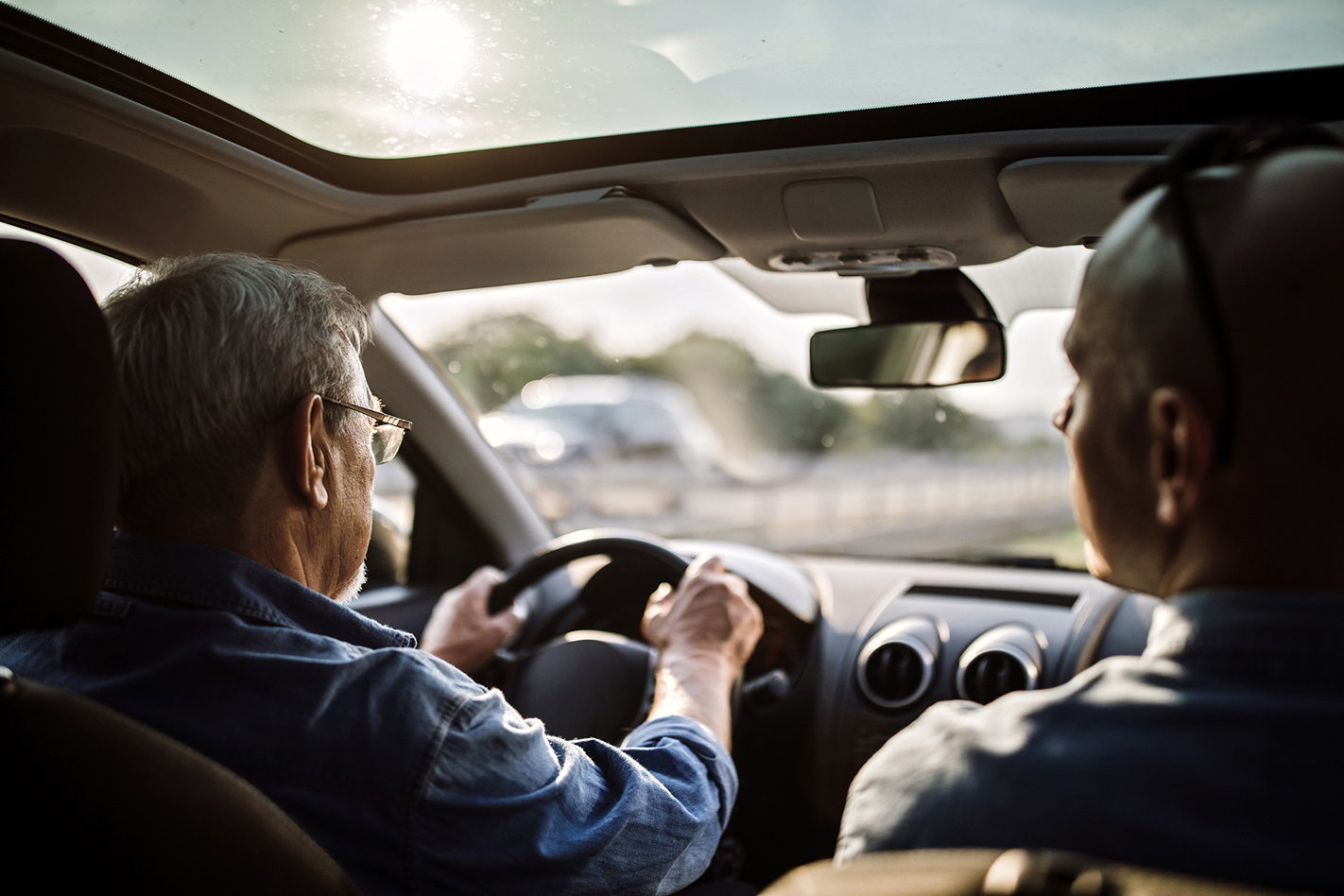
This is why medical practitioners and members of the public – usually concerned family members – can report an elderly driver (or someone with health issues) if they believe their driving is a danger to themselves or others.
If you are genuinely concerned about someone’s ability to drive safely, you can send a letter or form to your state’s licencing authority stating the reasons for your concern. In most cases, genuine reports will be treated confidentially.
Retiring from driving
It can be a very difficult time for elderly drivers once they make the tough decision, or are forced, to surrender their licence or restrict their driving.
Victoria’s licencing authority VicRoads provides the following advice for people faced with losing the convenience and independence that driving provides.
If you’re thinking about reducing or choosing to give up driving, plan ahead to make life easier:
- Gradually transition from regular driving to using alternative transport options, including rideshare services like Uber.
- Think about where you live and how you may be affected if you’re unable to drive. Would it be helpful to move closer to family, friends, public transport, shops or hospitals?
- Talk to your family and friends about how they could help you adjust.
- Explore other services that could help you stay mobile.
- Get support: There are services available to help you with this important life transition. Your doctor will be able to provide you with a list of local community health and council services.


